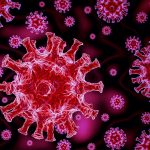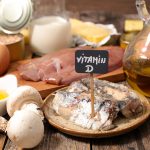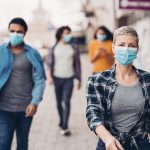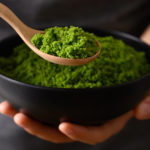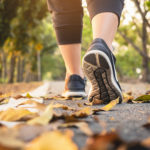Best Masks To Prevent Coronavirus
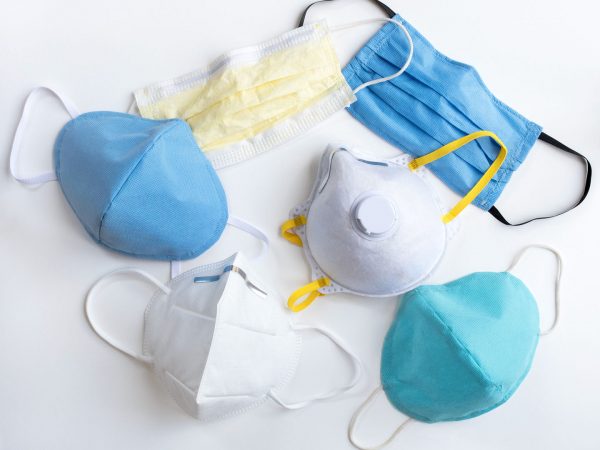
To begin investigating the efficiency of masks, researchers at Duke University first confirmed that when we speak, we expel small droplets, which is why the coronavirus, COVID-19 can be spread just by talking, without coughing or sneezing. They were then able to determine which face coverings work best to block expelled particles. The team found that hand-made cotton masks provide good coverage and eliminated a substantial amount of the spray from normal speech, but bandanas and many balaclavas don’t measure up. Study leader Eric Westman, M.D. said more work is needed to investigate variations in masks and individuals, as well as how people wear their masks. He added that “about half of infections are from people who don’t show symptoms, and often don’t know they’re infected. They can unknowingly spread the virus when they cough, sneeze or just talk. If everyone wore a mask, we could stop up to 99 percent of these droplets before they reach someone else. In the absence of a vaccine or antiviral medicine, it’s the one proven way to protect others as well as yourself.”
My take? I agree. Be aware that a mask should cover your face from the top of your nose to under your chin and stretch about halfway or more toward your ears with no gaps. Studies at Stanford University have shown that a properly constructed homemade cloth mask can function as well or better than a standard surgical mask.
Source:
Eric Westman et al, “Low-cost measurement of facemask efficacy for filtering expelled droplets during speech.” Science Advances, August 7, 2020; DOI: 10.1126/sciadv.abd3083
More current news from this week’s bulletin:
- Yoga To Ease Anxiety
- Can The Lockdown Make You Fat?
- Cornbread, elevated! Chili & Cilantro Cornbread Muffins
Sign up for more Dr. Weil newsletters:


